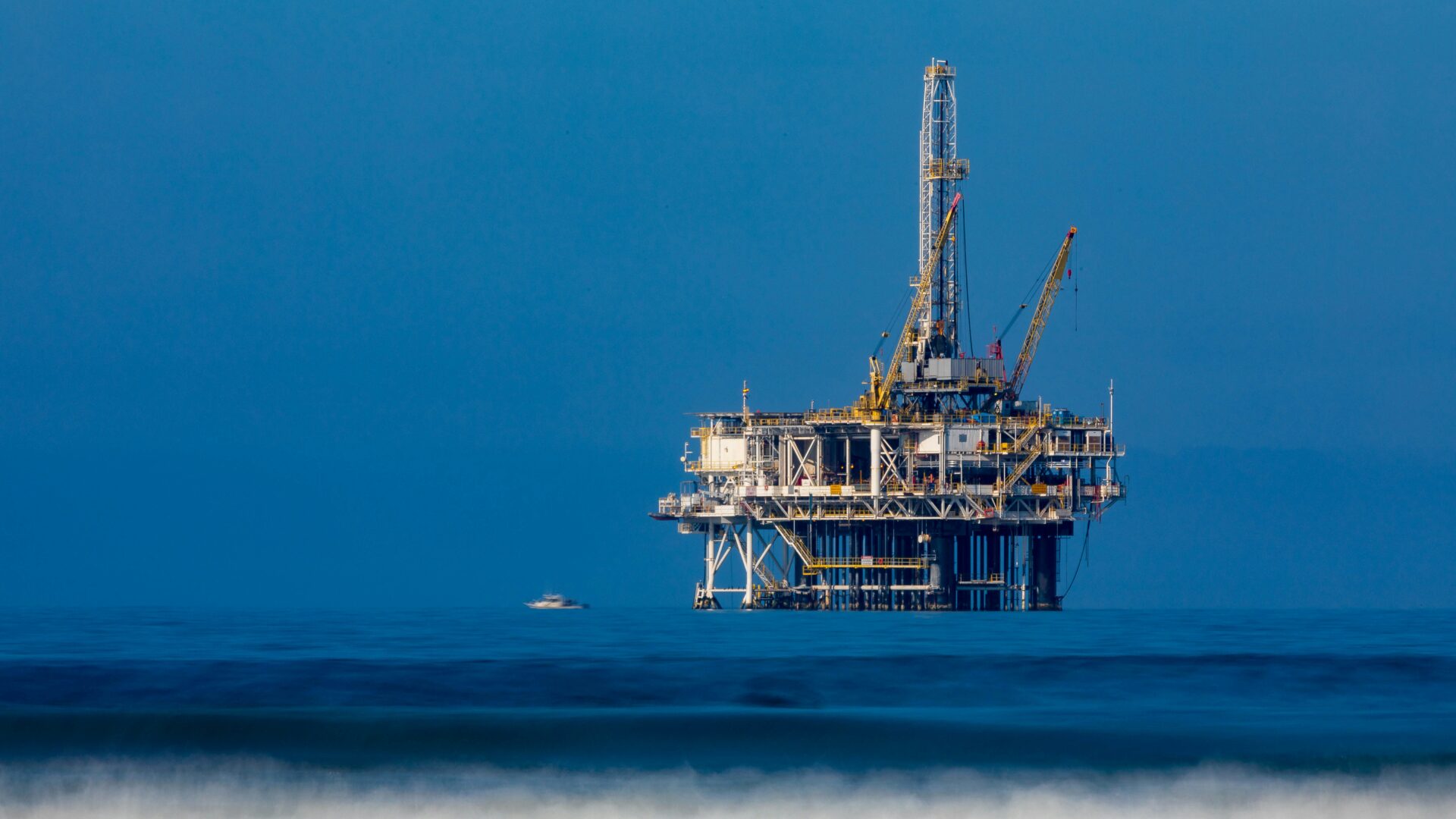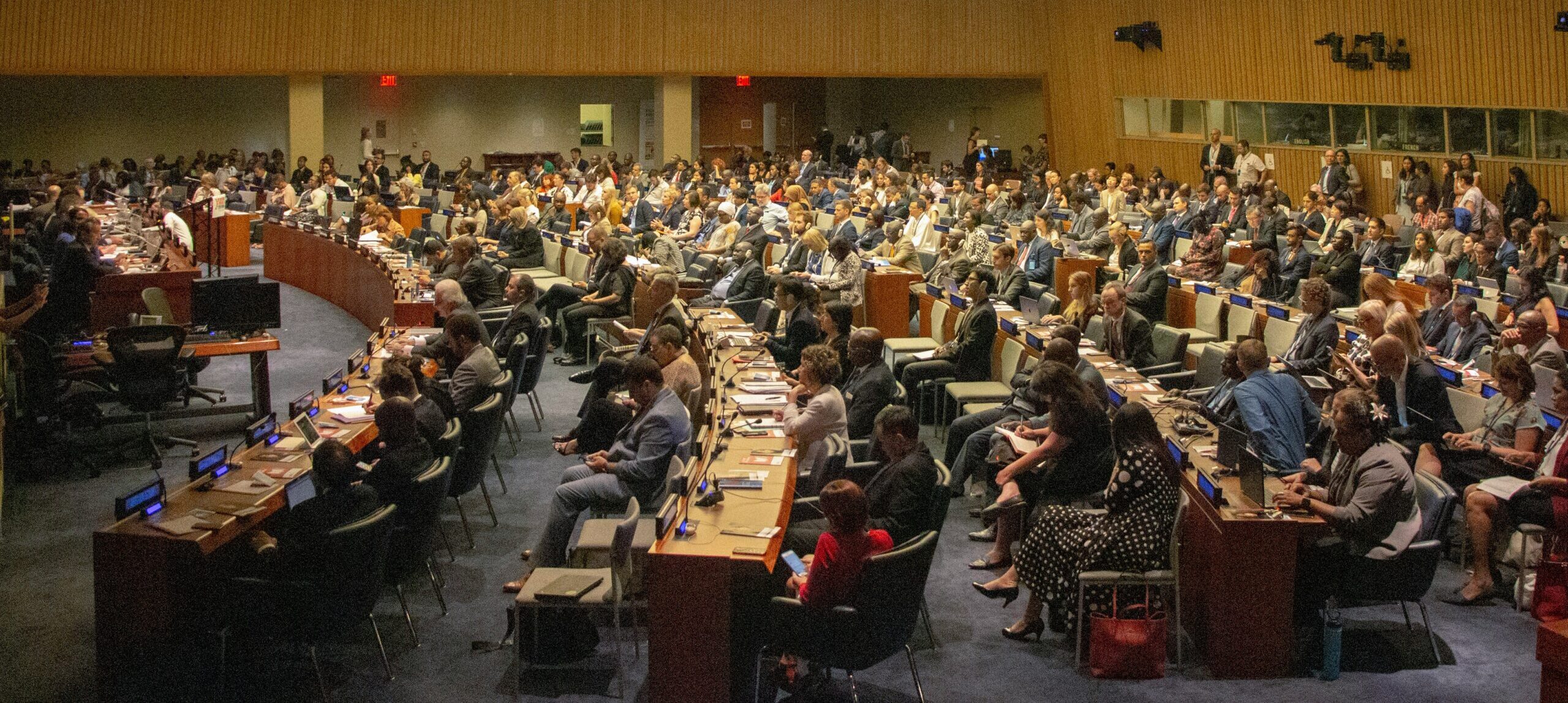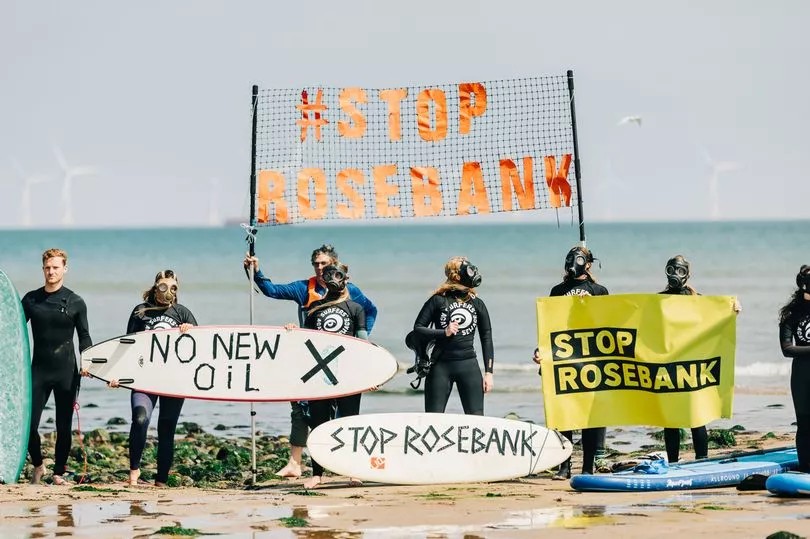
Stop Rosebank: Plastic Starts With Oil
From Geneva to Rosebank: If you meant it, prove it
Back in August 2025, the world gathered in Geneva for what was meant to be the final round of negotiations for a Global Plastics Treaty. Delegates from more than 170 countries arrived with one mission: to agree a legally binding plan to turn the tide on plastic.
In that vast UN hall, the UK positioned itself as a world leader. Emma Hardy, the Labour Environment Secretary, stood before the world and said something that stirred hope in communities across the globe:
“If we are to stop plastic entering the environment at an increasing rate, we need a treaty that provides actions at all stages of the plastics life cycle. It is critical that the new treaty on plastic pollution takes action across the entire life cycle, including production and consumption. The evidence is clear that we cannot solve the problem of plastic pollution unless we take action at every stage.”
Labour politicians were also calling for the same ambition in backbench debates at home:
Una Kamaran said: “One thing is clear: no amount of recycling and reuse can keep up with the scale of plastic waste we are producing. If we do not act, collectively and urgently, the crisis will only escalate. Plastic production is projected to triple by 2060. Our climate, our ecosystems and our planet cannot cope.”
Finally, a UK government calling for what the science, and the ocean have demanded for years: action that tackles plastic pollution at its root, not just its symptoms.

Despite months of negotiations, world leaders failed to reach an agreement and as the delegates packed up and flew home, the UK government’s big talk in Geneva began to ring hollow.
Since then, the government that once championed an ambitious global treaty has backed policies that do the very opposite. In Europe, £600 million of UK public financing has been directed towards an INEOS petrochemical expansion — a project that will increase plastic production for decades to come. At home, the government approved more than 40 new waste incinerators, locking communities into a dirty system that burns plastic rather than banning it. These decisions aren’t the mark of global leadership. They’re the sound of a government that’s forgotten its own words.
Plastic doesn’t appear from nowhere. 99% of all plastics are made from fossil fuels — oil and gas that are drilled, refined, and converted into the polymers that fill our supermarkets, oceans, and bloodstreams. Every new barrel of oil makes the problem worse. Which brings us to Rosebank — the UK’s largest undeveloped oil field, sitting just off the Shetland coast. Oil giant Equinor has just resubmitted a new application for Rosebank – the biggest undeveloped oil field in the UK. For the next 30 days, the government is asking the public what they think about the Rosebank application. After this, the government will make a new decision to scrap or greenlight Rosebank at any time.
Right now, the government is deciding whether to approve or reject Equinor’s appeal to drill Rosebank. If approved, the field could produce up to 500 million barrels of oil, releasing an estimated 200 million tonnes of CO₂ over its lifetime. That’s not just a climate disaster; it’s a plastic one. Because new oil means new feedstock for plastic production with 1 in every 10 barrels – roughly 10% – contributing towards plastic production. It means the UK locking itself into decades more of fossil-fuel dependency and virgin plastic pollution, the very system Emma Hardy said we must dismantle.

Plastic production is already the fastest-growing use of fossil fuels, set to overtake coal as the biggest driver of oil demand by 2030. And while politicians make speeches about circular economies, the petrochemical industry continues to pour billions into expansion. Rosebank would be a gift to that industry, a green light for business as usual.
The government cannot stand on the world stage calling for “action at all stages of the plastics life cycle” and then fund projects that feed that same cycle at home. It cannot champion ambition in Geneva while approving oil fields and incinerators in the UK. Leadership doesn’t end with a speech. It begins when you match your policies to your promises.
So here’s the challenge: if the UK government meant what it said, it must prove it now. It must reject Rosebank, stop financing plastic expansion, and start delivering the legally binding reductions in plastic production it once called for.
The choice is simple. Stand by people and planet, or stand by the oil rigs.
Use this tool to send your personal message calling for this disaster project to be stopped. 👇
Join the People vs Plastic and add your voice to #StopRosebank which closes on the 20th November
#HoldThemToTheirWord #StopRosebank #PlasticStartsWithOil
